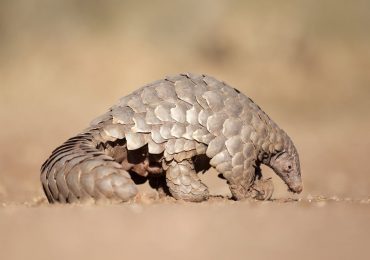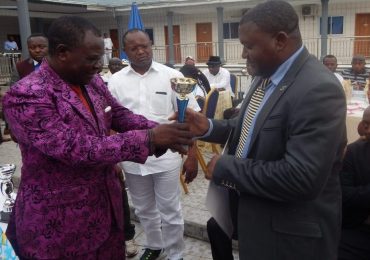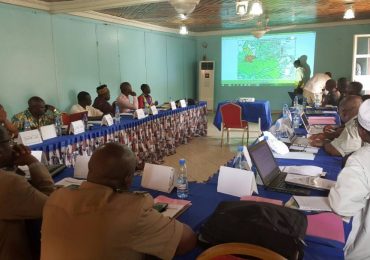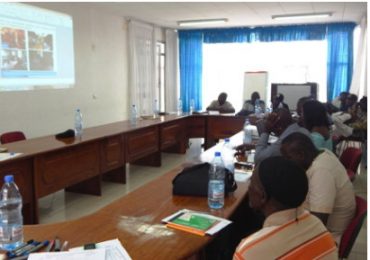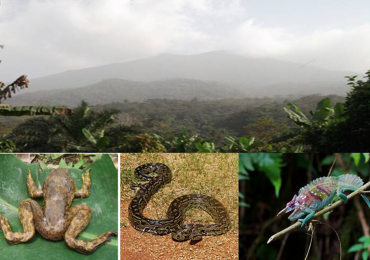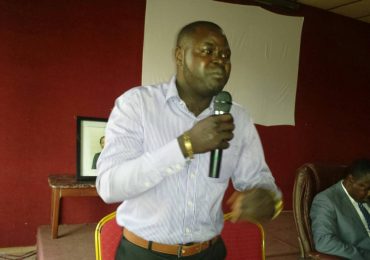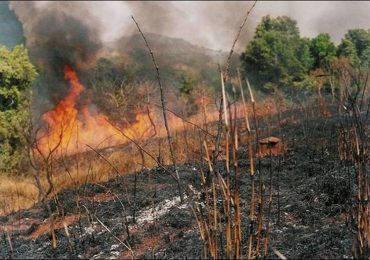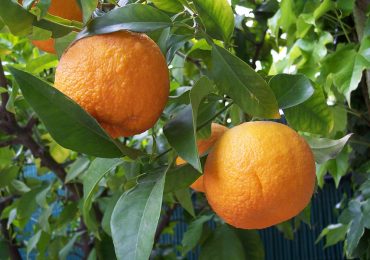The immediate effects of indiscriminate hunting, illegal logging, conversion of forest into farmland, and fragmentation due to conflict over forest ownership are devastating. The initial destruction of forest cover deprives animals and birds of food and shelter. Away from the immediate impact, the lives of the animals and birds are further endangered as they are killed for body parts and trophies. Eventually, some of the highly prized animals and plants are faced with complete loss.
By Bertrand N. Shancho

It is simply a matter of time before the over 300 Nigeria-Cameroon chimpanzees (Pan troglodytes ellioti), still unknown population of Cross River gorillas, over 100 African Forest Elephants (Loxondata cyclotis), Drills (Mandrillus leuceupheaus), all endangered and six globally threatened bird species might be wiped out of the wildlife map of the Southwest Region of Cameroon
In 2014, a field guide working with the conservation non-profit organization, the Environment and Rural Development Foundation (ERuDeF), discovered twice the carcasses of decapitated elephants in the Mak-Betchou Forest Block. These mammals were possibly killed for their tusks. Many more of these “forest gardeners” as the African Forest Elephants are fondly called, are poached and go unreported.
As the destruction of the forest area which serves as habitat to these endangered wildlife species continues unabated, coupled with poaching, ERuDeF has proposed the creation of a wildlife sanctuary to be called the Mak-Betchou Wildlife Sanctuary.
The sanctuary would link protected areas in the Southwest Region through corridors including the Proposed Tofala-Mone Forest Reserve-Takamanda National Park Corridors, Proposed Banyang-Mbo-Mak-Betchou Corridor, Proposed Banyang-Mbo-Korup National Park Corridor, Proposed Banyang-Mbo-Mak-Betchou Corridor and the Proposed Mt. Cameroon National Park Corridor to guarantee interbreeding and genetic diversity.
The creation of the Proposed Mak-Betchou Wildlife Sanctuary (PMBWS) is so urgent! It requires rapid steps to ensure the total protection of the endangered wildlife species now hemmed in their ‘prisons’.
The PMBWS is located in Fontem Subdivision in Lebialem Division, between the longitudes 586000m and 596000 m and 598000m and 606000m. It cuts across three Fondoms; Lebang, Essoh-Attah and Njoagwi and adjacent to about 15 communities. These communities depend on the forest and its resources with farming (with principal crops being cocoa), hunting, fishing and collection of Non-Timber Forest Products especially the bush mango (irvingia gabonesis) being their principal source of survival.
In a bid to conserve and ensure the sustainable management of natural resources in this area, ERuDeF in 2007 launched research and conservation work in this forest area known then as the Mone Forest Reserve and Mbin Mak Forest.
Through continuous surveys, sensitization and education, livelihood support and economic development projects in the forest area, ERuDeF has succeeded in changing the mind of most of the local communities in favour of conservation. With available data, the blessings of traditional rulers and the urgent need to save this biodiversity hotspot from total destruction, a strong appeal goes to the government and international sympathizers to help speed up the creation of this very important sanctuary to guarantee the survival of some of our most cherished wildlife species crucial in inducing balance in the ecosystem.



